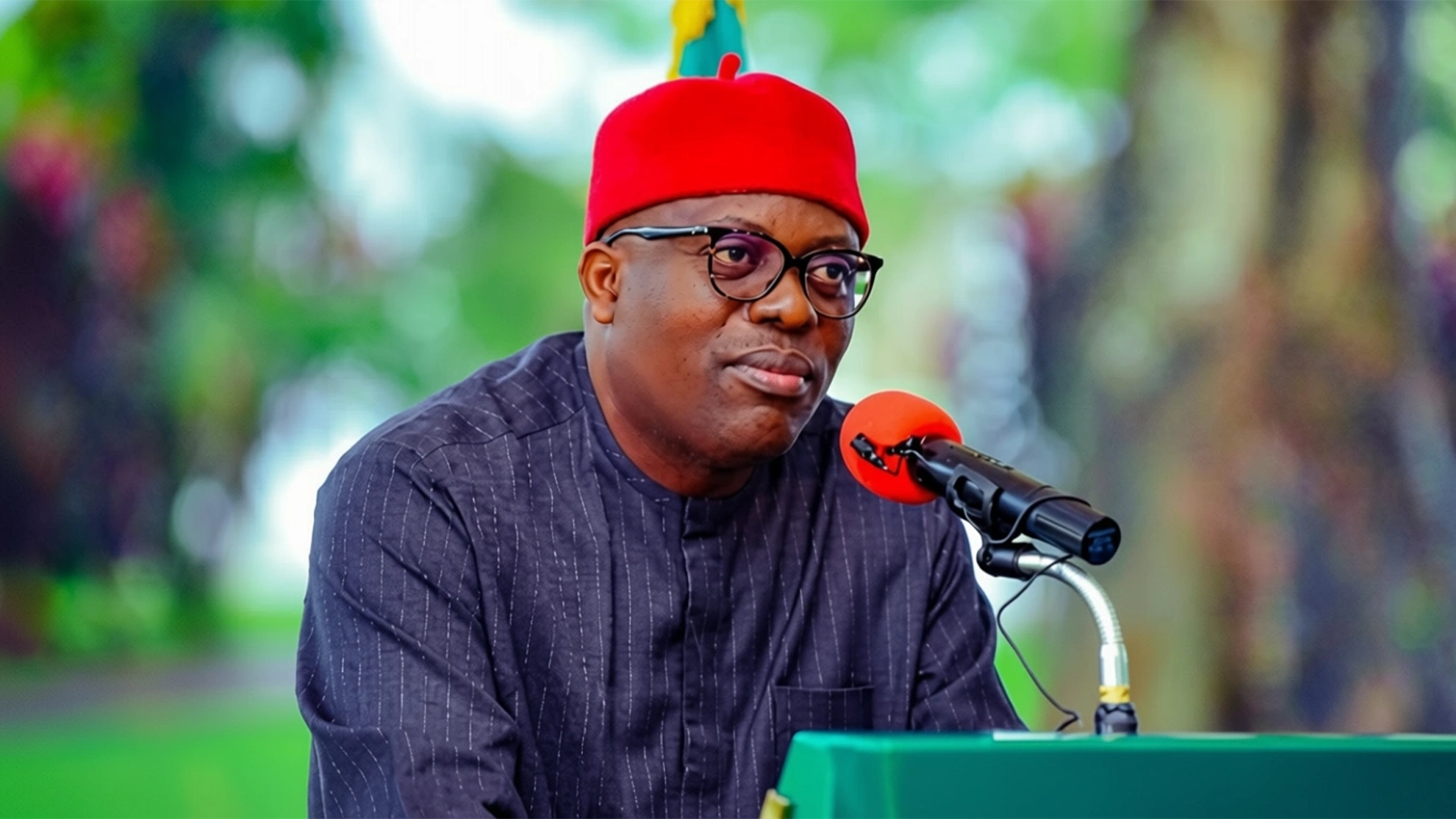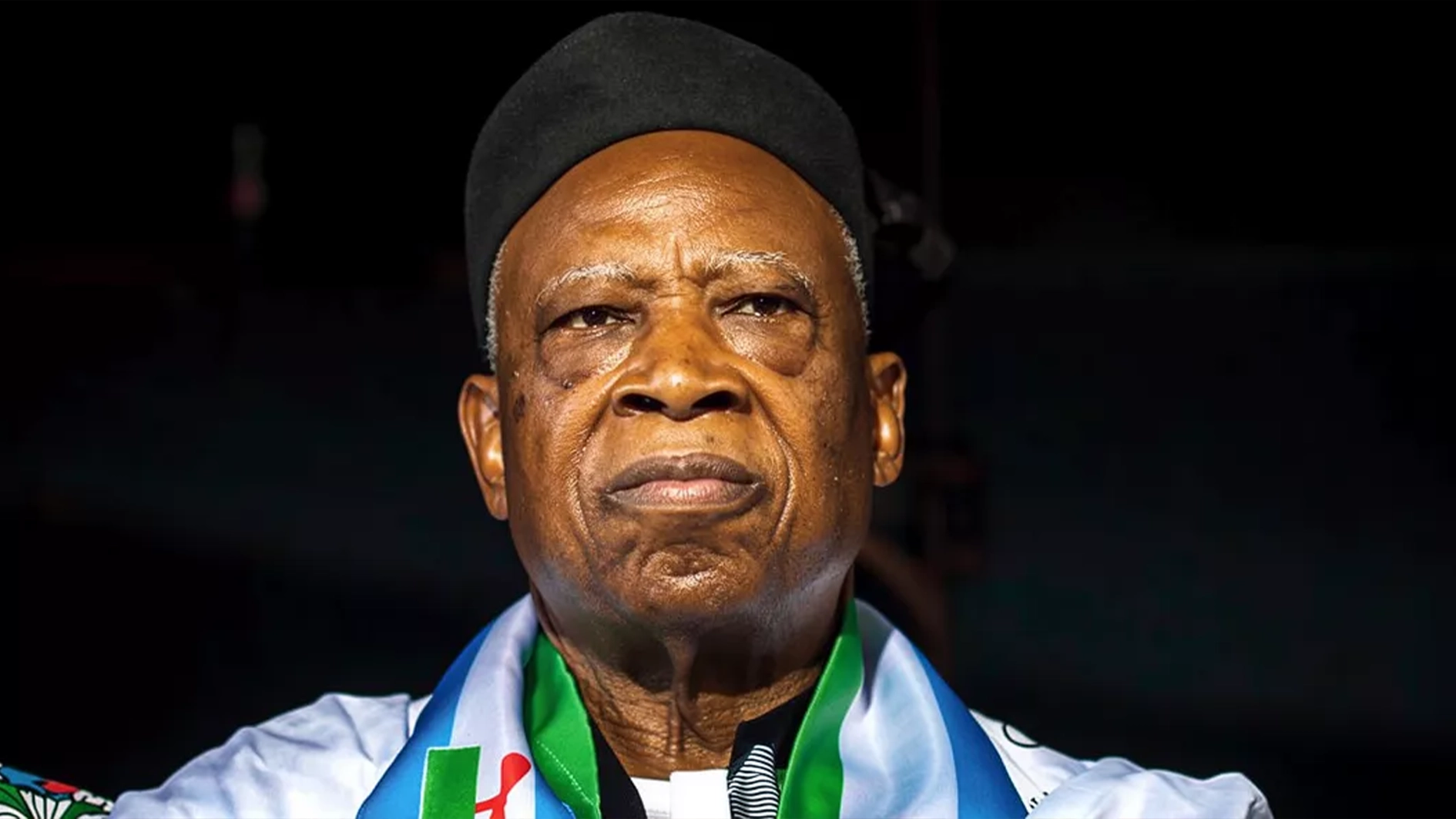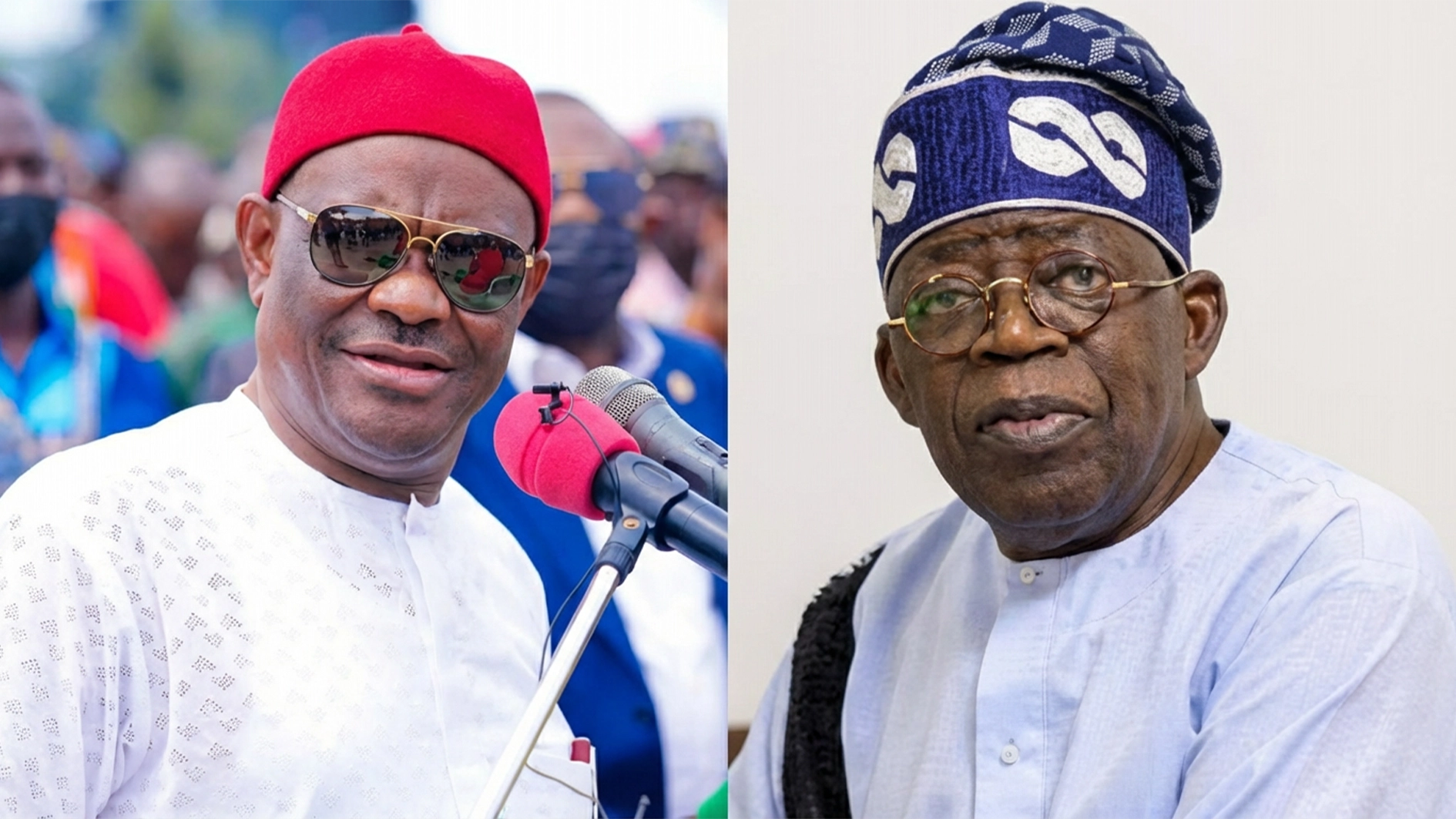As the 2027 governorship race gathers momentum in Bauchi State, the battle line is being drawn between Abuja’s expanding influence under President Bola Ahmed Tinubu and Governor Bala Mohammed’s entrenched political machinery. While both camps prepare for an epic showdown, a growing number of aspirants lacking strong political backing are struggling for relevance in a state famed for defying godfathers, RAUF OYEWOLE reports.
As the countdown to 2027 begins, anxiety is mounting among governorship hopefuls in Bauchi State, particularly within the ruling All Progressives Congress (APC). Many believe President Bola Tinubu will play a decisive role in shaping the outcome of the party’s primary and, ultimately, the election.
Unlike his predecessor, Muhammadu Buhari, who was largely indifferent to internal contests, Tinubu’s political strategy has always revolved around building loyalty through influence. Observers note that Bauchi, where presidential candidates Atiku Abubakar of the Peoples Democratic Party (PDP) and Peter Obi of the Labour Party (LP) defeated President Tinubu in 2023, represents one of the states the incumbent president would want to reclaim for the APC.
“The President is a master strategist. Bauchi is one of the northern states where he performed poorly, and he will do everything possible to plant a loyal governor there,” said a political scientist, Dr Ibrahim Danladi.
Two of Tinubu’s cabinet members, the Minister of Health and Social Welfare, Professor Muhammad Ali Pate, and the Minister of Foreign Affairs, Ambassador Yusuf Tuggar, are already being touted as potential candidates.
Both men had previously sought to govern Bauchi but were unsuccessful. Analysts believe 2027 may present a new opportunity, this time with federal backing.
APC’s triangular contest: Pate, Tuggar, and Buba
WITHIN the APC, three names dominate early conversations: Pate, Tuggar, and Senator Shehu Buba Umar, who represents Bauchi South. Buba’s posters and campaign groups have become visible across the state, signalling his interest in the race. A grassroots politician, he commands strong support in his constituency and could rely on the region’s bloc votes in the primaries.
However, the contest for the APC ticket may expose fault lines within the party. Buba, with deep local roots, may not enjoy Abuja’s blessing, while Pate and Tuggar, despite their federal influence, are perceived as less connected to local political structures.
“The challenge is that the APC in Bauchi has yet to recover from the 2022 internal crisis that led many aspirants to defect,” said an APC chieftain who pleaded anonymity. “If history repeats itself, PDP will easily retain the state.”
Bala Wunti: The technocrat in waiting
Beyond the usual political faces, a new name has entered Bauchi’s succession equation, Bala Wunti, a retired executive of the Nigerian National Petroleum Company Limited (NNPCL). Known for his philanthropy and youth empowerment through his foundation, Wunti has become a subject of speculation after his posters surfaced in parts of the state, although without a party affiliation.
He is yet to publicly declare interest in any party, but his admirers see him as a credible outsider who can challenge the status quo.
“Bala Wunti has the leadership quality and the vision to transform Bauchi,” said Dr Abubakar Ahmed, a Bauchi-based political analyst. “He’s strategic and patient, planning to avoid missteps. If he joins either APC or PDP, he will be a major factor. Remember Isa Yuguda in 2007, he won from an unpopular platform.”
Still, without an established structure, Wunti faces a significant challenge. His potential entry into APC could complicate the ambitions of Tinubu’s men, while joining PDP would disrupt Bala Mohammed’s carefully managed inner circle.
Defections and the emerging ADC platform
Another twist in Bauchi’s evolving political landscape is the realignment of former gubernatorial candidates. Air Marshal Sadique Abubakar (rtd), APC’s 2023 candidate, and Senator Haliru Dauda Jika, who contested under the New Nigeria Peoples Party (NNPP), have both been linked to the African Democratic Congress (ADC).
Though neither has officially announced defection, their attendance at ADC’s inaugural meeting in Abuja earlier this year confirmed growing speculation.

For now, however, ADC remains a weak structure in Bauchi. Analysts describe it as “a floating vessel” that may only serve as a bargaining chip rather than a true third force.
The North–South dichotomy returns
Regional division remains a key factor in Bauchi politics. Since 1999, the southern zone has maintained dominance in the governorship, largely due to its population advantage and the concentration of influential local government areas, including Bauchi, Alkaleri, Toro, Tafawa Balewa, Dass, Bogoro, and Kirfi.
Candidates from the North and Central zones have consistently struggled to break through, often citing marginalisation. The 2027 race may reopen the debate over zoning and fairness.
Political commentator Sani Adamu Sulaiman observed, “Bauchi South’s population has made it almost impossible for the North or Central to produce a governor. Even a weak southern candidate can defeat a strong northern contender. The only way to correct this imbalance is for both major parties to deliberately zone their tickets to the North.”
Whether such a consensus will emerge remains doubtful. However, the growing agitation for equity could influence party primaries in both the PDP and the APC.
Inside the PDP: Bala Mohammed’s careful balancing act
In the ruling PDP, the succession conversation is more subtle but no less intense. Governor Bala Mohammed, known for his political tact, is managing ambition within his cabinet to prevent early division. However, several of his appointees and allies are already consulting quietly.
Among the names being mentioned are the Commissioner for Housing and Environment, Ahmed Kawule; the Commissioner for Finance, Yakubu Adamu; and the Chairman of Bauchi Local Government, Mahmood Babamaji. Outside government, Senator Abdul Ahmed Ningi, representing Bauchi Central, is seen as a formidable contender.
Ningi, a veteran lawmaker, lost the 2019 PDP primary to Governor Mohammed but retains a strong base. However, his perceived closeness to former Vice President Atiku, who recently exited the PDP, may weaken his chances.
The lingering suspicion from the 2023 “BalaMustGo” campaign, reportedly orchestrated by Atiku loyalists, has further strained relations between the two camps.
PDP dismisses defectors as ‘inconsequential’
Despite internal frictions, PDP leaders project confidence. The party’s Public Relations Officer in Bauchi, Dayyabu Chiroma, dismissed fears that recent defections or Atiku’s exit could undermine its strength.
“We are not worried,” Chiroma said. “Those leaving the PDP are politically irrelevant. They only became visible because of the governor’s appointments. Without those offices, they have no base. In the last elections, they were given tickets, and all of them failed. Their exit is a relief, not a setback.”
Chiroma maintained that PDP remains Bauchi’s dominant political force. “Apart from the Buhari tsunami of 2015, PDP has been in power since 1999. The people corrected their mistake in 2019 and reaffirmed their faith in 2023. We are confident they will repeat it in 2027.”
On Atiku’s influence, he added: “Atiku has no solid structure in Bauchi. Even when he was our candidate, it was the governor who provided logistics and agents. In both 2019 and 2023, Atiku lost while Bala Mohammed won. His exit changes nothing.”
APC’s response and the unity claim
In contrast, APC insists it remains strong despite visible cracks. The party’s legal adviser in the state, Garba Rabiu, said those allegedly defecting have no real stake in the party.
“The Constitution guarantees freedom of association,” Rabiu said. “If anyone chooses to attend another party’s event, it’s their right. But it doesn’t affect the APC. Our core stakeholders are intact, our structures are firm, and we’re getting stronger by the day.”
He dismissed suggestions that Air Marshal Sadique Abubakar had formally defected. “We saw the video clip of him at the ADC meeting, but that doesn’t mean he has left APC. Even if he does, the party will remain strong. We are not jittery.”
However, some insiders quietly admit that unresolved divisions between the old and new blocs within APC could undermine the party’s cohesion. “Unless Tinubu’s preferred candidate unites everyone early, PDP might retain the upper hand,” one top member said.
ADC’s fragile visibility
Despite attracting national attention, ADC remains largely invisible in Bauchi. The party’s structures are still unformed at the ward and local government levels, and its recent high-profile entrants are yet to translate into grassroots presence.
For now, the ADC’s relevance appears more symbolic, an expression of elite frustration rather than a credible alternative. Until the political realignments solidify, the contest remains a two-horse race between PDP and APC.
At the core of Bauchi’s 2027 contest lies a familiar struggle, federal influence versus local independence. President Tinubu’s men are banking on Abuja’s power of persuasion and patronage; Governor Bala Mohammed’s loyalists are counting on incumbency and grassroots networks; while political outsiders like Bala Wunti are testing whether individual credibility can triumph over entrenched structures.
The outcome will reveal whether Bauchi will uphold its long-standing resistance to external imposition or succumb to the expanding reach of federal might.
For voters, the choice in 2027 will go beyond party lines, it will be a referendum on who truly controls Bauchi politics: Abuja’s power brokers or the people themselves.
Since Nigeria’s return to democracy in 1999, the pattern of Bauchi State’s governorship has reflected a mix of regional rotation, party shifts, and power realignments. The state’s first civilian governor in the Fourth Republic, Ahmadu Adamu Mu’azu of the PDP, served two terms from 1999 to 2007, establishing PDP dominance.
He was succeeded by Isa Yuguda, who initially won on the platform of the All Nigeria Peoples Party (ANPP) in 2007 but later defected to the PDP, continuing the party’s control until 2015.
The 2015 election marked a turning point when Mohammed Abubakar of the All Progressives Congress (APC) rode on the Buhari wave to defeat the PDP. However, in 2019, the PDP reclaimed power through Bala Mohammed, a former FCT Minister, who capitalised on internal APC divisions and the consolidation of northern Bauchi’s voters. His 2023 re-election reinforced PDP’s comeback and demonstrated that incumbency, zoning balance, and elite alliances remain decisive in Bauchi politics.
Overall, Bauchi’s governorship trajectory reveals alternating dominance between the PDP and APC, driven less by ideology and more by pragmatic alliances, incumbency leverage, and the delicate balance of regional and ethnic representation across its three senatorial zones.






